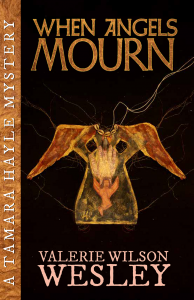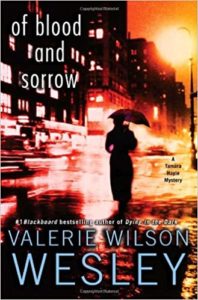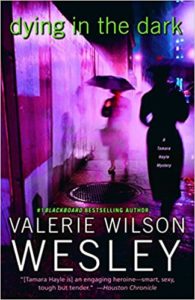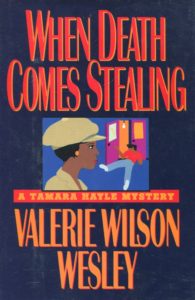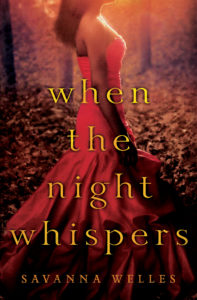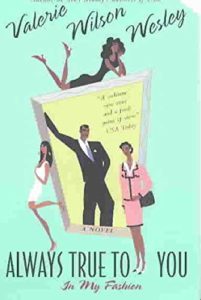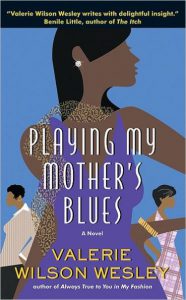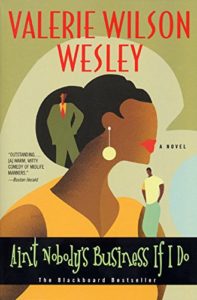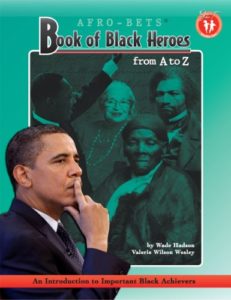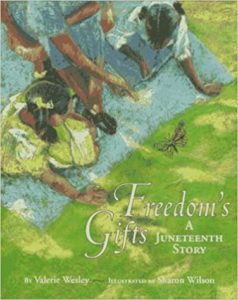In Memory of Grace
I’d like to share this remembrance of writer Grace Edwards during Women’s History Month. She wrote great mysteries and was a major influence on me and other young writers who belonged to the Harlem Writer’s Guild. Grace taught me valuable lessons about kindness and the responsibility of supporting and encouraging aspiring writers.
When I was a member of the Guild in the 1980s, Grace was secretary and executive director. She wrote mysteries set in Harlem and the first, If I Should Die, published in 1967 was one of the few by black women, and a great read. But my favorite Edwards’ book was the novel In the Shadow of the Peacock written in 1988. I was afraid to call myself writer when I first set foot in the Harlem Writer’s Guild. We met in the Central Park West apartment of an established writer, which was scary for a novice like me. My husband Richard was successful in both theater and film, and I didn’t want other writers to know we were married and assume that he had influenced me. I was determined to make my own way on my own terms. At that point, I’d written only poems and short stories, as many beginning writers do. I hadn’t shared my work with anybody, not even my husband.
The workshop meetings were held once a month at which a member would share his or her work. Well-known, professional writers would drop in to offer critiques, which were always constructive and helpful. When my turn finally came to read, I was terrified. My hands shook, and I could hardly control my voice. My story was about a young woman having an affair with a married man told in the woman’s voice and from her perspective. I’d worked hard on it and thought it was pretty good; not everyone agreed. The guest writer tore into my story with such venom and contempt I still remember how wounded I was, even after all these years. She told me I had no right to call myself a writer and shouldn’t continue. I was so devastated I ran into the bathroom and cried, afraid to come back out and determined never to write again.
Grace knocked gently on the door. She comforted me and said my story was just fine. The problem was the critic, she explained, who was her contemporary and jealous of young talent. Besides that, her husband had just left her for a younger woman, and my story hit too close to home. Always take critics, particularly other writers, with a grain of salt, Grace advised. They bring their own vulnerabilities, agendas and craziness to your work. You need to learn to be your own best critic and have faith in what you write. Your writing means too much to you for you to give it up, and someday it may be important to other people as well.
I am grateful that many years later I was able to thank Grace for her encouragement that night. I told her how much her words meant to me, and that I would never forget them. No matter the profession, those of us who mentor younger people should never hesitate to reach out to those in need of our support. It’s one of the lessons taught by women like Grace.









